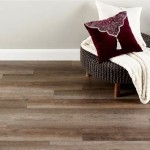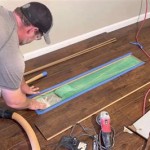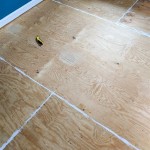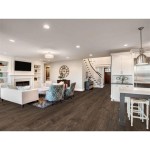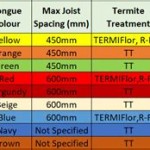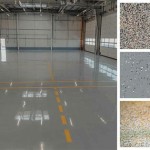Deciding Between Engineered Hardwood Flooring and Hardwood Flooring
When choosing new flooring for your home, two popular options to consider are engineered hardwood flooring and traditional hardwood flooring. Both options have their own unique advantages and disadvantages, so it's important to weigh the pros and cons before making a decision.
Engineered Hardwood Flooring
Engineered hardwood flooring is a type of flooring that is made with a top layer of real hardwood, glued to a base layer of plywood or other substrate. This construction makes engineered hardwood flooring more dimensionally stable than traditional hardwood flooring, meaning it is less likely to expand or contract with changes in temperature and humidity. This stability also makes engineered hardwood flooring more resistant to moisture damage than traditional hardwood flooring.
Another advantage of engineered hardwood flooring is that it is easier to install than traditional hardwood flooring. Engineered hardwood flooring can be installed as a floating floor, which means that it does not need to be nailed or glued down to the subfloor. This makes it a good option for DIYers and can save on installation costs.
Hardwood Flooring
Hardwood flooring is a type of flooring that is made from solid pieces of wood. Hardwood flooring is a classic choice that is known for its beauty, durability, and value. Hardwood flooring is also a good choice for DIYers. However, it is important to note that hardwood flooring is not as dimensionally stable as engineered hardwood flooring, so it is more likely to expand or contract with changes in temperature and humidity.
Hardwood flooring is also more expensive than engineered hardwood flooring, and it can be more difficult to install. Hardwood flooring must be nailed or glued down to the subfloor, and it can be difficult to get a perfect fit.
Which Type of Flooring Is Right for You?
The best type of flooring for you depends on your individual needs and preferences. If you are looking for a flooring that is dimensionally stable, easy to install, and resistant to moisture damage, then engineered hardwood flooring may be a good option for you. If you are looking for a classic flooring that is beautiful, durable, and valuable, then hardwood flooring may be a good option for you.
Here is a table that summarizes the key differences between engineered hardwood flooring and hardwood flooring:
| Feature | Engineered Hardwood Flooring | Hardwood Flooring | |---|---|---| | Construction | Top layer of real hardwood, glued to a base layer of plywood or other substrate | Solid pieces of wood | | Dimensional stability | More dimensionally stable | Less dimensionally stable | | Moisture resistance | More resistant to moisture damage | Less resistant to moisture damage | | Installation | Easier to install | More difficult to install | | Cost | Less expensive | More expensive | | Value | Less valuable | More valuable |
Hardwood Flooring Dilemma Choosing Between Engineered And Solid Arch2o Com

Hardwood Flooring Dilemma Choosing Between Engineered And Solid Arch2o Com

How To Decide Between Solid Hardwood And Engineered Floors Mi Cameron The Sandman Wood Flooring Contractor

How To Decide Solid Vs Engineered Hardwood Flooring Poulin Design Center

Luxury Vinyl Plank Flooring Vs Engineered Hardwood Next Day Floors

Engineered Wood Flooring Vs Laminate Albany Woodworks

What Is Engineered Wood Flooring Made Of And Beyond Blog

Hardwood Solid Or Engineered Patti Lynn Interiors

Engineered Hardwood Vs Laminate Flooring What S The Difference

Hardwood Vs Engineered Wood Flooring Which Is Best For You Forbes Home
See Also
